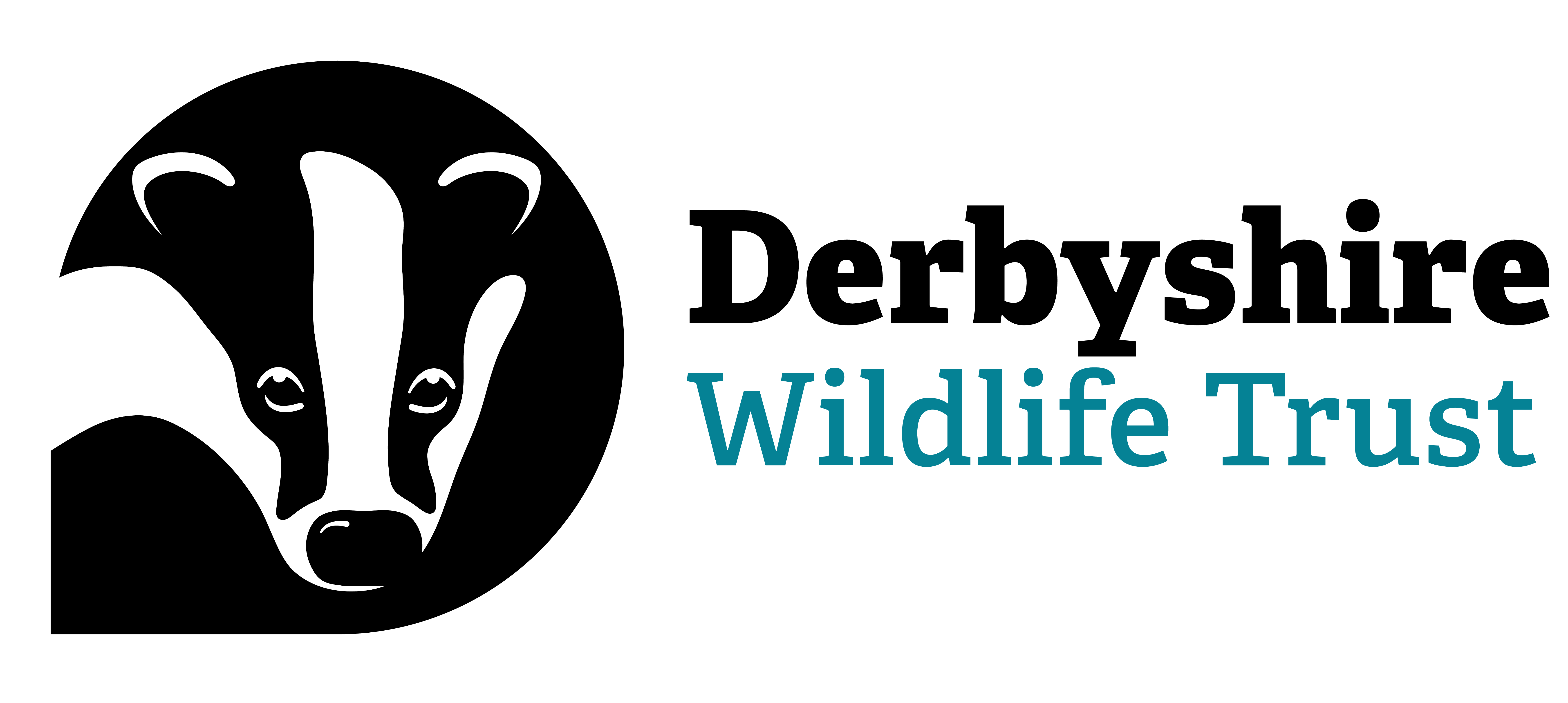I have always been interested in how people learn. As an older adult, I started piano lessons and put myself in the position of the learner- I recommend this to everyone.
We are told that children who play an instrument make better progress in English and Maths, we are told that learning outside Is effective, so we develop outdoor classrooms and do the same lessons but in the rain. Obviously, I have seen little impact except for muddy carpets and soggy maths books. I found it hard to make a correlation between the activity and SATs results - shame on me.
When spaces became available for some of our staff on the Forest School Leaders Course, I thought long and hard about whether the nine days out of school were justified. I figured that if I were committed to learning outdoors and making the most of the resources we had in Derbyshire, then I should commit to the course.
What did I expect? Some activities that supported the National Curriculum, delivered in a clever way so as not to involve wet exercise books. Or perhaps a series of problem-solving/confidence-building exercises you might find at the cadets or a cooperate conference. I did not expect to discover a whole new approach to a school activity and to learn something new about my relationship with my school, my pupils and my approach to leading.
During my training with Diane at Carsington, I was slowly stripped of my teacher’s need to see the learning objective in each activity and was encouraged just to ‘be’. The practical training sessions immerse you in what the Forest school ethos is and allow you to feel it, as it is difficult to describe. I spend some wonderful days with my new Forest School colleagues, cooking meals on open fires and making jewellery out of cordage and twigs, leaving me with a profound sense of achievement, peace and friendship.
I was also stripped of my need as a Headteacher to justify everything in terms of SATs results. Some of our pupils may become more self-confident and at ease with themselves and results may be better attainment in the core subjects, but Forest Schools has reminded me that I used to say I was committed to educating the ‘whole child’ and it has given me tools to actually do this.
Starting my pilot session this term, I have been challenged to recreate that ethos in my sessions. I admit to finding it difficult. I have had over three decades as a teacher of planning each minute and justifying every activity. I have had it drilled into me that all children should be engaged with what you have planned, learning will be assessed, and shortcomings rectified. This is not the Forest School Way. I am learning to plan activities that allow the children to just ‘be’. To be with their friends, to be in nature, to be by themselves. Not in a random ‘playtime’ way, which I acknowledge is useful, but in an open, supported way that involves real choice, includes using tools, building fires and spending time doing what our ancestors did- sitting in a natural setting, sharing food and making things.
Forest school can and does include problem solving games that build confidence and it can be linked to the National Curriculum. Forest schools can be used as part of your staff and pupil well-being programme to support mental health. But it is so much more. It is a Way.



